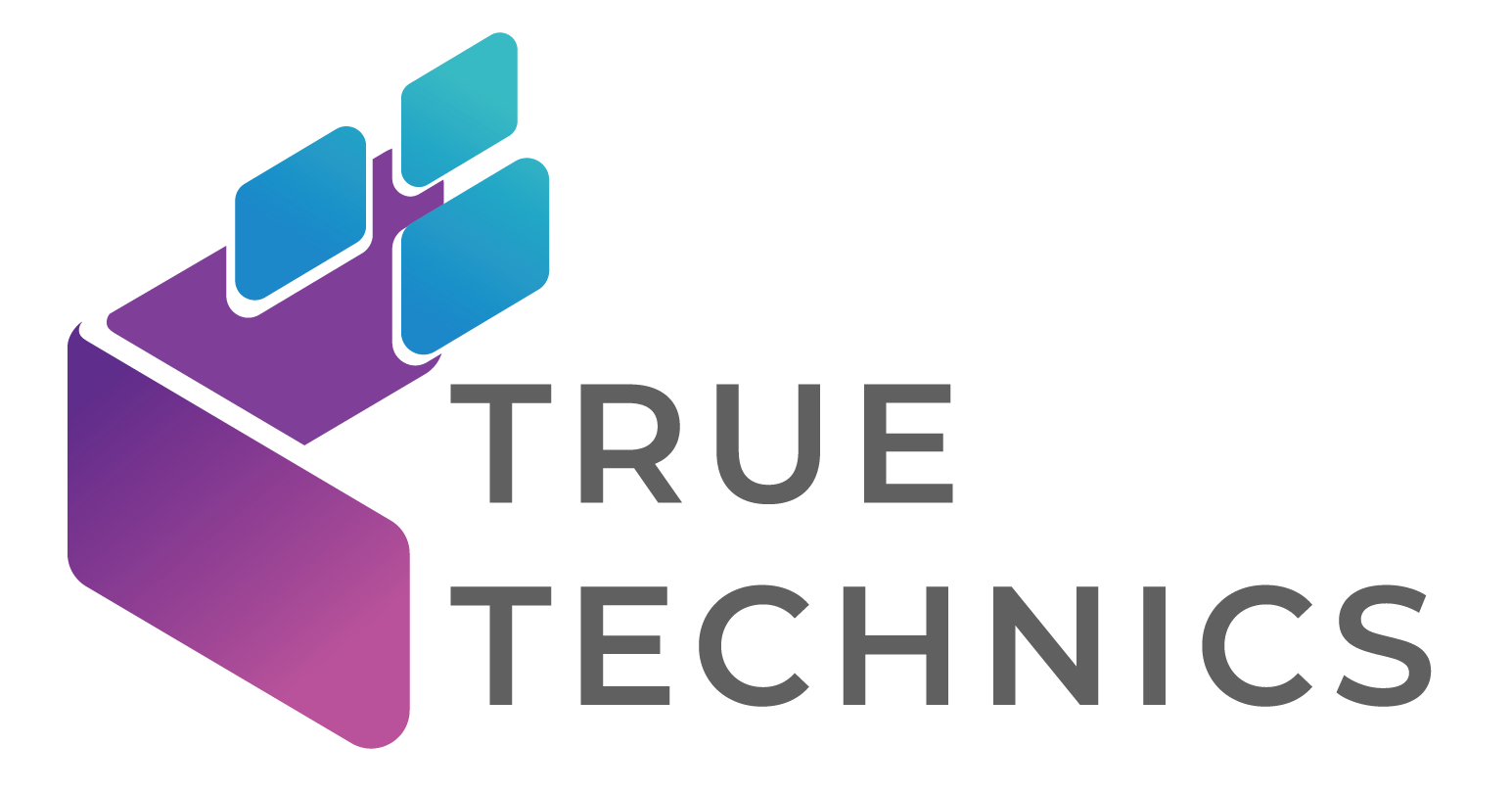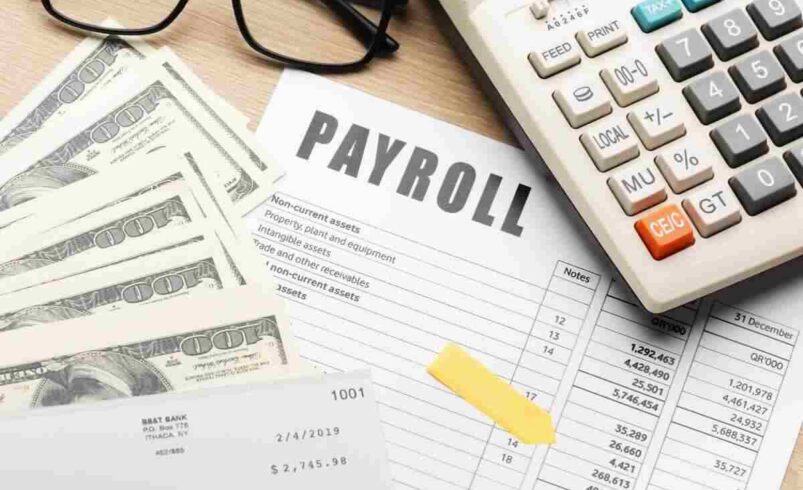Understanding Payroll 101
What is Payroll?
Payroll is the process of paying employees for their work, but it’s more than just handing out money. It involves calculating how much each person should get, taking out taxes, and making sure everything follows the law. Getting payroll right keeps employees happy and helps a business avoid problems like fines or upset workers.
Why Payroll Matters
Payroll is super important because:
- It makes sure employees get paid correctly and on time.
- It keeps a business legal by following tax and labor rules.
- It builds trust, so workers feel valued and want to stay with the company.
Mistakes in payroll can cause big issues, like employees leaving or the business getting in trouble with the government.
Setting Up a Payroll System
Starting a payroll system means getting everything ready to pay employees properly. Here’s how businesses do it:
- Get an EIN: This is like a special ID number for the business to hire and pay workers legally.
- Classify Workers: Decide if workers are employees (who get regular pay) or contractors (who work project-based). Mixing these up can lead to fines.
- Choose Pay Schedule: Decide if employees get paid weekly, every two weeks, or monthly. This affects how happy they are and how the business manages money.
- Register for Taxes: Sign up with government agencies to handle taxes taken from employee pay.
- Collect Paperwork: Get forms like the W-4 (for taxes) and I-9 (to prove workers can legally work in the U.S.).
- Use Direct Deposit: Most employees prefer this because it’s fast and reduces mistakes.
- Keep Records Safe: Store employee info securely, either on a computer or in a locked file.
Steps in Payroll Processing
Every time a business pays its workers, it follows these steps:
- Track Hours: Record how many hours employees work, including overtime, sick days, or vacation time.
- Calculate Gross Pay: Figure out the total pay before deductions, including bonuses or extra money.
- Take Out Deductions: Subtract taxes (like federal, state, or Social Security) and other things like health insurance or retirement savings.
- Pay Employees: Send the final (net) pay to workers, usually through direct deposit.
- File Taxes: Send tax forms and payments to the government on time.
- Save Records: Keep payroll information safe in case it’s needed for audits.
If businesses don’t follow rules, like updating to new wage laws, they could face lawsuits or have to pay extra money.
Using Technology for Payroll
Payroll can be tricky, but technology makes it easier. Here’s how:
- Payroll Software: Programs like QuickBooks or Gusto connect with time-tracking and accounting systems to do calculations automatically.
- Automation: This sets up payments, taxes, and reports without needing to do everything by hand, which saves time and reduces mistakes.
- Security: Good software keeps employee data safe and tracks changes in laws to stay legal.
Using tech helps businesses focus on growing instead of spending hours on payroll.
Staying Legal
Businesses must follow many rules about paying workers, like:
- Wage Laws: Making sure employees are paid fairly.
- Tax Rules: Sending the right amount of taxes to the government.
- Anti-Discrimination Laws: Treating all workers equally.
Mistakes can lead to big fines, so businesses check their payroll regularly and train staff to avoid errors. Free tools from places like the IRS (Internal Revenue Service) help businesses stay updated on rules.
Why Payroll Affects Employees
Getting paid correctly and on time makes employees happy and keeps them working for the company. A study showed that almost half of workers would look for a new job after just two payroll mistakes! To keep employees happy:
- Be Clear: Explain taxes and deductions so workers understand their paychecks.
- Share Pay Info: Let employees see their pay stubs or tax forms easily, like through an online portal.
- Fix Problems Fast: Answer questions about pay quickly and fairly.
Good payroll shows employees that the company cares about them.


